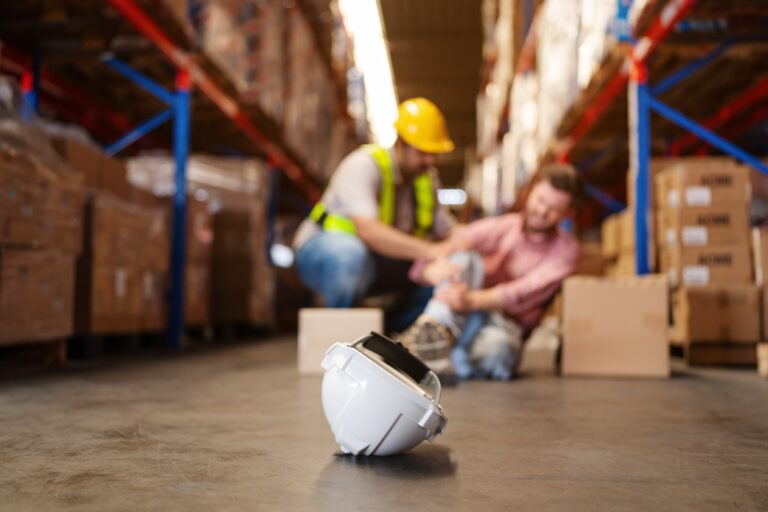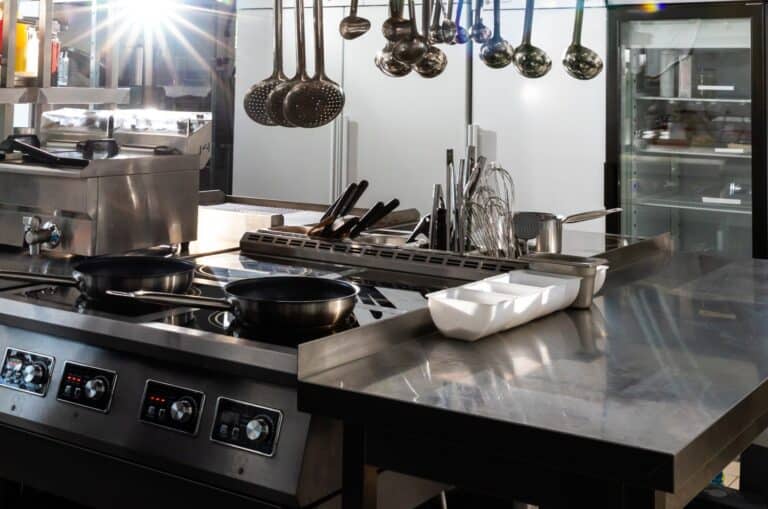Firework and Bonfire Accident Claims
Celebrating Halloween, Diwali, Bonfire Night or New Year with fireworks and bonfires can be great fun for adults and children. Pyrotechnic displays may also be put on at weddings, birthdays and other happy occasions.
However, firework parties are fraught with danger. Whether you are attending a public or private event, safety precautions must be taken.
In Britain, almost 1,000 people are injured in firework related accidents every year, of which over half are children and teenagers.
If you are unfortunate enough to suffer an injury at one of these events, as a result of someone else’s negligence, you could be entitled to make a compensation claim.
Types of injury
Owing to their extreme temperatures and potential unpredictability, fireworks and bonfires are capable of causing catastrophic life changing injuries, such as:
- serious burns to the face and other parts of the body;
- permanent scarring;
- nerve damage;
- tendon, ligament and muscle damage;
- disfigurement, particularly to the arms and hands;
- hearing loss;
- damage to the eyes or complete blindness; and
- even fatalities
As well as physical injuries, survivors may also suffer significant psychological reactions to the accident.
Who is responsible for the accident?
It is not always clear who is at fault for firework related accidents. Responsibility for the accident will depend on the type of event you attend. The organiser of the event has a duty to prevent injury to audience members by following all appropriate safety procedures.
Accidents may be caused by the negligence of organisations or private individuals. They may also be caused by defective fireworks. It is advisable to seek the advice of an experienced solicitor when considering who is to blame for an accident.
Local authorities and organisations
Organisations such as local authorities must adhere to strict health and safety policies when putting on professional displays. Barriers should be put up to ensure that adults and children remain a safe distance away from the bonfire or the fireworks. The local authority may also have the display checked by fire fighters beforehand. Sadly, however, even at public organised events, things can go wrong and the results can be devastating.
Private individuals
Private firework displays are statistically more likely to result in injury, as they are not so strictly regulated. Also, alcohol may have been consumed by those in charge of the fireworks or bonfires. In addition, there may be insufficient space within gardens to stand at a safe distance from the fireworks. Therefore, individuals may be held responsible for injuries where the accident occurred at a private party.
Manufacturers, importers and sellers
Accidents may happen as a result of faulty or defective fireworks. If you suspect that injury may have been caused as a result of a faulty firework, then you may have a claim against the manufacturer, importer or the seller of those fireworks.
The Criminal Injuries Compensation Authority
If you are unable to pursue a civil claim against the person or organisation responsible for your injuries, in some instances, it may even be possible to claim compensation from the Criminal Injuries Compensation Authority (‘CICA’). The CICA is a government-funded scheme, which pays compensation to innocent victims of crime.
Laws to prevent accidents
As well as using fireworks irresponsibly, it is also possible to use them illegally. Various laws have been implemented in order to improve firework safety. For example, it is illegal to:
- possess fireworks in public if you are under the age of 18 years old;
- sell fireworks to anyone under the age of 18 years old;
- throw or set off fireworks in the street; and
- let fireworks off between the hours of 11pm to 7am, except on Bonfire Night (midnight), Diwali, New Year or Chinese New Year (1am).
Safety tips
Fortunately, in recent years, firework related injuries have declined due to improved health and safety standards and awareness campaigns.
If you are planning to attend or arrange a firework display or bonfire party, please take extra care to ensure your family’s safety as well as your own, by following the Government’s Firework Code:
- Only buy fireworks marked BS 7114
- Don’t drink alcohol if setting off fireworks
- Keep fireworks in a closed box
- Follow the instructions on each firework
- Light them at arm’s length, using a taper
- Stand well back
- Never go near a firework that has been lit. Even if it hasn’t gone off, it could still explode
- Never put fireworks in your pocket or throw them
- Always supervise children around fireworks
- Light sparklers one at a time and wear gloves
- Never give sparklers to a child under five
- Keep pets indoors
- Do not let off fireworks after 11pm
The Health and Safety Executive has published guidance on organising firework displays and also on storing and selling fireworks. The St John Ambulance website also has information on firework first aid.










